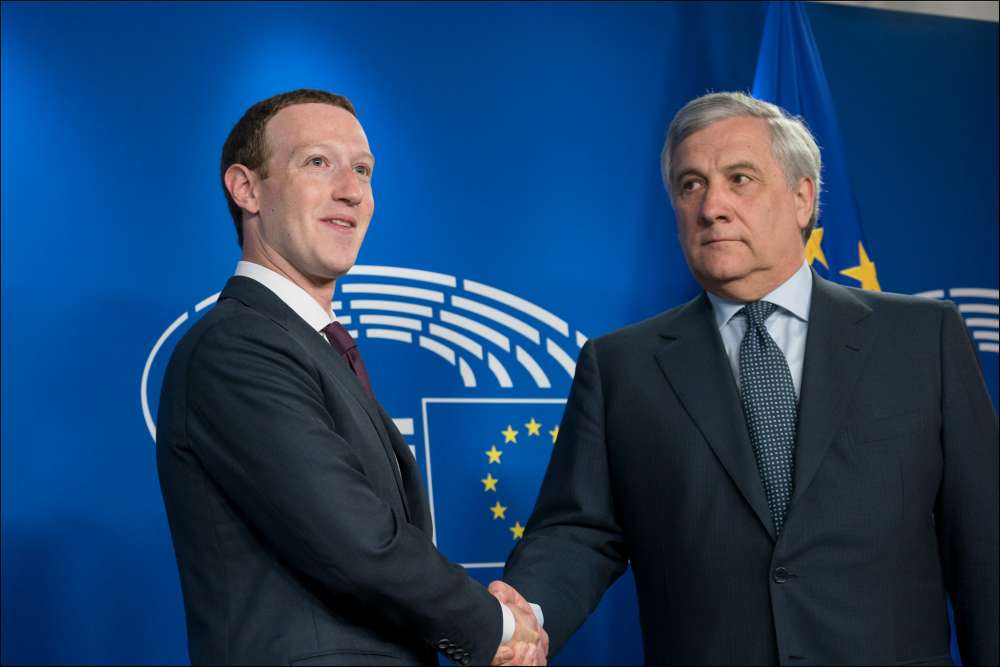Mind the Technology Gap
The Importance of Technological Literacy Amid Transatlantic Strife

The transatlantic alliance is showing unprecedented signs of cracking. Since President Donald Trump’s election in 2016, it has been nearly impossible to find major policy priorities where Europe and the United States agree. Mr. Trump even questions why the United States is so closely aligned with Europe in the first place, and has named the European Union (EU) one of the United States’ greatest “foes.” His disdain for the European Union is no secret, but his most consistent object of derision has been Germany. In response, German chancellor Angela Merkel has said that Europe can no longer “rely on the superpower of the United States,” while German foreign minister Heiko Maas has pointed out that even the very foundation of the transatlantic alliance — a consensus on shared values — “has come off the rails.”
Despite this cleavage, Germany and the United States continue to face similar threats. In looking to the next generation, one of the greatest challenges will be ensuring both American and European societies are aptly prepared for a world dominated by new technologies. Technology is at the heart of many challenges in the twenty-first century: confronting China, defending democracy from foreign influence, or even ensuring a basic civic trust within society. Technologies such as artificial intelligence (AI), deepfake videos, data mining, and 5G are only going to become more important in the future. Frighteningly enough, most legislators are not prepared to embrace this reality. In the United States, Senator Orrin Hatch became perhaps the most meme-worthy example of a pervasive technological illiteracy among policymakers when he asked Mark Zuckerberg, “How do you sustain a business model in which users don’t pay for your service?” In Germany, the recent debate over whether Chinese technology should be excluded from the country’s 5G network has shown policymakers’ inability to grasp the complexities of the technology in question. On both topics, German and American government officials desperately require technological assistance.
Yet this is only half the story. While policymakers in the West may be struggling to understand emerging technologies, countries like Russia and China are not. And they are increasingly exploiting these technologies to their advantage. Technological illiteracy is an internal vulnerability that has exacerbated external threats to Western democracies. This merits action. And while substantial transatlantic policy cooperation is unlikely considering the current state of the relationship, there is still plenty of room for lower-stake cooperation. Transatlantic enthusiasts would be wise to channel their efforts here. One such lower-stake solution would be to empower and deepen cooperation between government institutions devoted to promoting technological expertise among legislators, specifically offices of technology assessment. Cooperation on this front has an actual chance for success, and would ensure policymakers are appropriately informed to weigh the tough political dilemmas of tomorrow.
…
This article was first published in July 2019, as part of ‘Cooperation or Division? The German-American Relationship in a Changing World’, the written results of the The American Institute for Contemporary German Studies’ project ‘A German-American Dialogue of the Next Generation: Global Responsibility, Joint Engagement.’